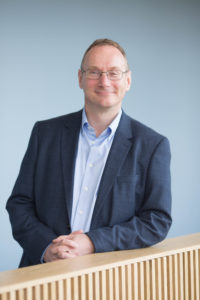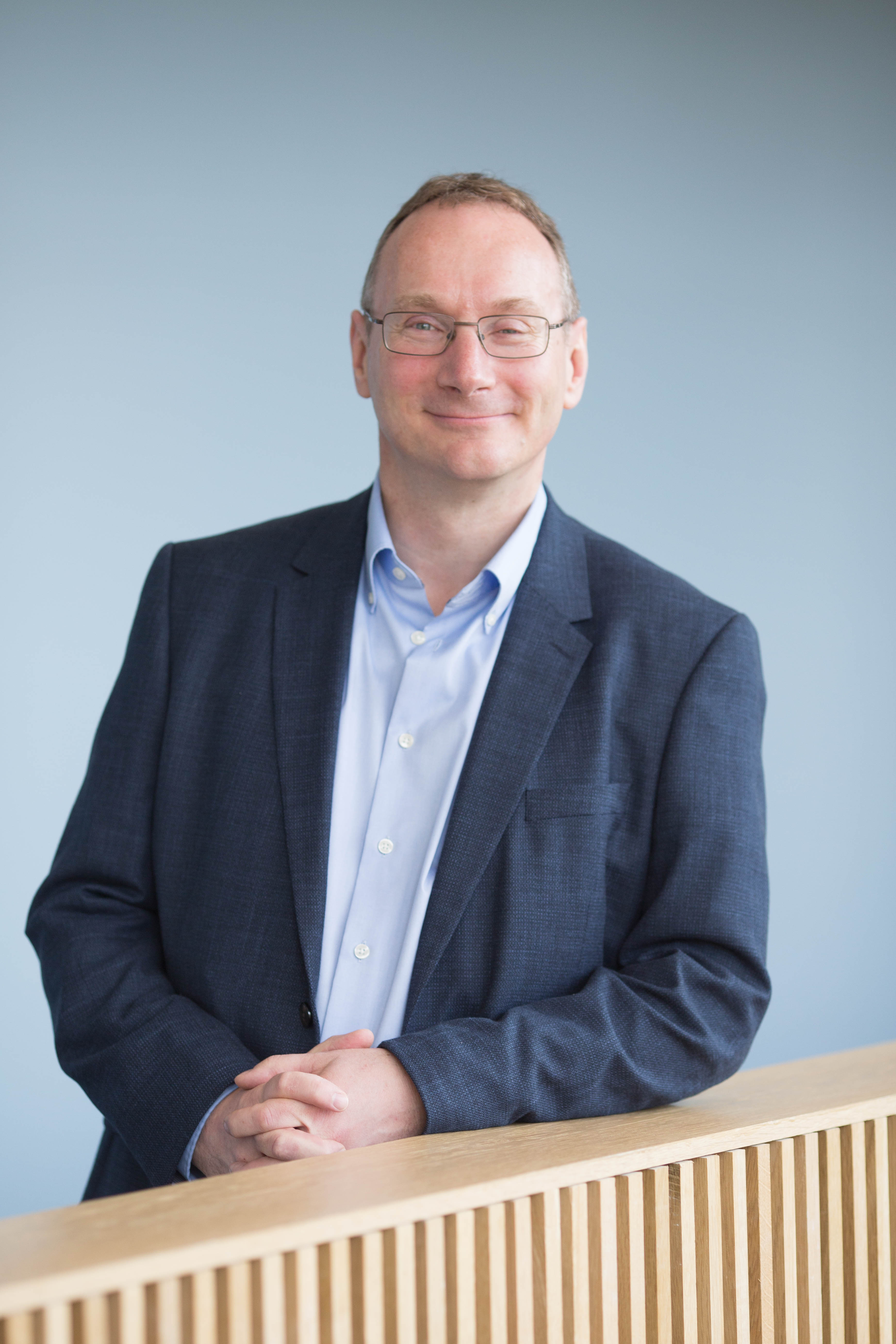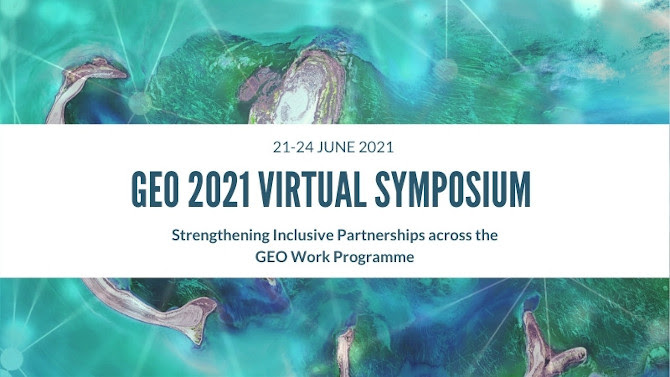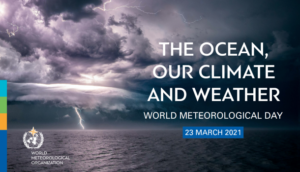Keep current with GEO AquaWatch 2021 lightning talks!
In an ongoing effort to strengthen our network of Earth Observation scientists focused on inland and coastal water quality, GEO AquaWatch is presenting a forum for scientists to share their current work with the community. Topics may include any aspect relevant to Earth Observation of inland and coastal water quality.
We are seeking speakers who wish to share a lightning talk and showcase their work from any actively funded project. Please submit a title, brief abstract, and presenter information through this google form by March 1, 2021.
Lightning talks will be <10 minutes and pre-recorded in MP4 format to be posted on GEO’s YouTube channel for public community viewing. Speakers invited to submit a recording will be notified via email by the chair of the Working Group by March 16, 2021 and recorded presentations are asked to be uploaded no later than April 16th, 2021.
Access to all recorded publicly accessible talks is free as these events are focused on maintaining and expanding our community of practice during this unique time of social distancing. This GEO AquaWatch virtual conference series will consist of 1 ½ hour sessions on three consecutive weeks, tentatively April 29th, May 6th and May 13th 2021 and include a Q & A and panel discussion at the end of each session. . Topics are open and may cover sensors, data and products, end user engagement, citizen science, modeling, or drone technologies that support satellite Earth Observation for inland and coastal water quality. GEO AquaWatch proudly encourages presentations by early career scientists and strives to include studies from all geographic locations, in support of our gender, diversity, and inclusion policy.
Webinar Speaker Selection Committee:
WG 5 Co-Chairs: Andrew Tyler, University of Stirling, Scotland and Bilqis Hoque, Environment and Population Research Centre, Bangladesh & Emory University, USA
Laurence Carvalho, Centre for Ecology & Hydrology, UK
Erin Hester, North Carolina State University, USA
Amos T Kabo-bah, University of Energy and Natural Resources, Ghana
Suhyb Salama, University of Twente, Netherlands
Blake Schaeffer, United States Environmental Protection Agency, USA
Anthony Vodacek, Rochester Institute of Technology, USA ,
Steven R. Greb, GEOAquaWatch and University of Wisconsin, Madison, USA
Jordi Sandalinas, Esquire, Lawyer and Lecturer Satellite and Drone Law, Spain








